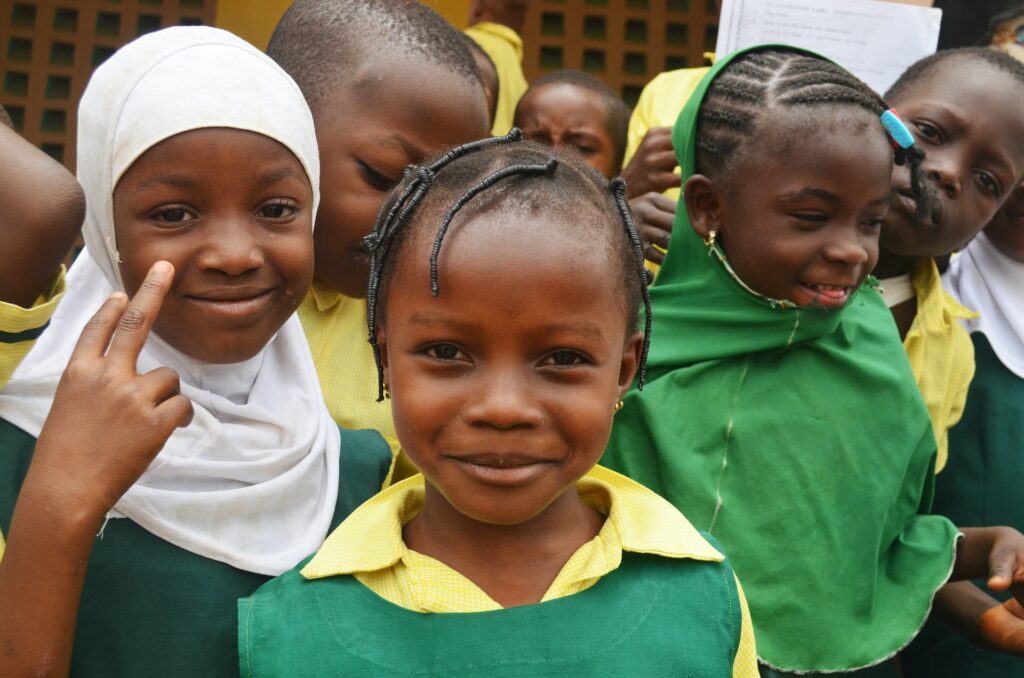South Africa’s social safety net, designed to protect vulnerable populations from poverty and deprivation, faces formidable challenges that threaten its efficacy and sustainability. Throughout the region, it’s estimated that from June 2016 to March 2017, 32 million individuals faced food insecurity. As the country faces socio-economic disparities, political instability, and the lingering effects of historical injustices, addressing safety net challenges has become increasingly critical.
South Africa’s history is marked by apartheid-era policies that systematically disenfranchised the majority Black population, resulting in profound socio-economic inequalities. While the transition to democracy in 1994 brought promises of equality and justice, the legacy of apartheid continues to shape the country’s socio-economic landscape, with millions still trapped in poverty.
The African Development Bank’s 2021 African Economic Outlook report reveals that approximately 2.6 million South Africans have become unemployed since the pandemic. Mirroring the situation in numerous economically challenged African nations, South Africa sought assistance from the African Development Bank to address the health and economic repercussions of COVID-19. In July 2020, the government received approval for a loan of approximately $288 million from the Bank.
The South African government has implemented various social assistance programs aimed at alleviating poverty and providing support to vulnerable groups. These include the Old Age Pension, Child Support Grant, Disability Grant, and the Social Relief of Distress Grant. While these programs have had some success in reducing poverty and improving living standards, they face significant challenges in terms of coverage, administration, and adequacy.
Despite the existence of social assistance programs, many vulnerable individuals and communities still fall through the cracks. Accessibility remains a major issue, particularly in rural areas where infrastructure is lacking, and administrative barriers prevent eligible individuals from accessing benefits. Moreover, undocumented migrants and those living in informal settlements often face exclusion from formal social assistance programs, leaving them extremely vulnerable.
While social grants provide a lifeline for millions of South Africans, the adequacy of these benefits is often called into question. The value of grants is insufficient to meet basic needs, forcing recipients to resort to coping mechanisms such as skipping meals or relying on informal support networks. Inadequate benefits perpetuate cycles of poverty and hinder social mobility, exacerbating inequality.
The effective administration of social assistance programs is crucial for their success. However, South Africa grapples with challenges such as corruption, inefficiency, and bureaucratic red tape, which undermine the delivery of benefits to those who need them most. Streamlining administrative processes, enhancing transparency, and strengthening accountability mechanisms are essential for improving the effectiveness of the safety net.
South Africa’s economy faces numerous challenges, including high unemployment, slow growth, and fiscal constraints. These economic pressures place additional strain on the social safety net, limiting the government’s ability to expand coverage and increase benefit levels. Balancing competing priorities within a constrained fiscal environment requires innovative solutions and careful prioritization.
The country’s population is characterized by a youthful demographic profile, with a significant proportion of children and young adults. Addressing the needs of this demographic cohort, including access to education, healthcare, and employment opportunities, is essential for breaking the cycle of intergenerational poverty and strengthening the social safety net for future generations.
Gender disparities persist within South Africa’s social safety net, with women and girls often facing disproportionate barriers to access and benefiting less from social assistance programs. Addressing gender inequality requires targeted interventions that empower women economically, enhance access to education and healthcare, and challenge discriminatory social norms.
South Africa is increasingly vulnerable to the impacts of climate change, including extreme weather events, droughts, and environmental degradation. These environmental challenges exacerbate existing vulnerabilities, particularly for rural communities reliant on agriculture and natural resources for their livelihoods. Strengthening the social safety net must therefore include measures to build resilience to climate-related shocks and ensure sustainable livelihoods.
Addressing the challenges facing South Africa’s safety net requires a multi-faceted approach that combines policy reforms, institutional strengthening, and targeted interventions. Key strategies include expanding coverage to reach excluded populations, increasing the adequacy of benefits to ensure a dignified standard of living, improving administrative efficiency and transparency, and fostering inclusive economic growth that creates opportunities for all.


